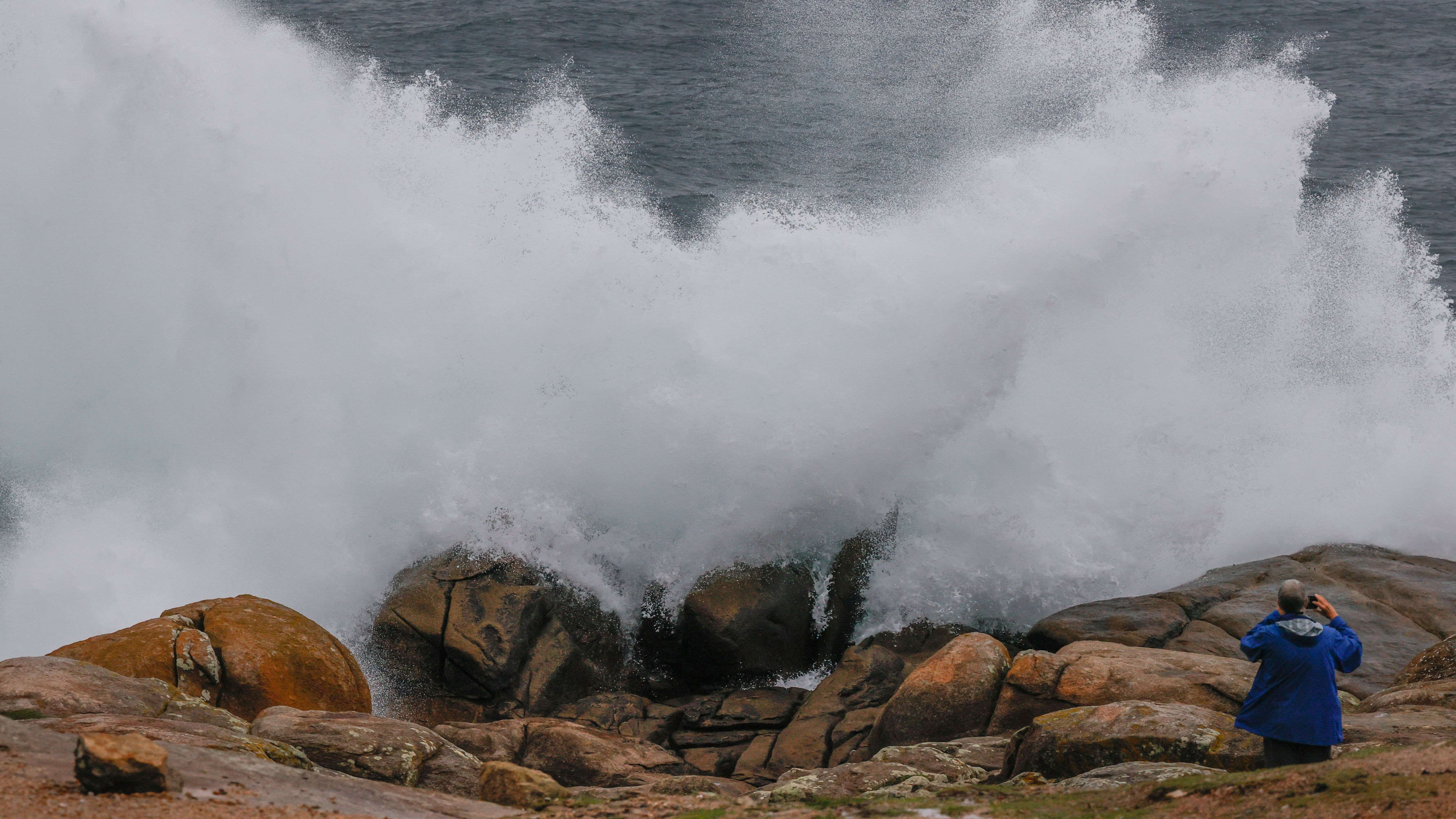The Occupation Double saga of recent weeks has allowed to break through the fourth wall of television production, where the candidates have revealed in recent weeks their shooting conditions and the support that surrounds them.
• Read also: Conflict with the PLQ: “I find myself in front of an episode of Occupation Double”
• Read also: Sunday special broadcast: “OD Martinique” is full of onlookers
“In OD, the feedback you get is not for being a good person, it’s for giving a good show,” candidate Charles Montigny told QUB Radio. of OD with us.
During the interview and earlier on Instagram, the one who was a social worker before the shooting said contestants couldn’t read, could train at limited hours, and had even gone without food for several days. .
“We were four days eating like ramen, soda crackers, then in the end he didn’t even have any anymore, you know. I had an ODéfi then Gab, one of the nannies, was kind enough to pick me up a lunch they were having near […] because otherwise I would have had lunch [avec des] soda cookies, “he said in an Instagram post. He adds that this situation occurred due to a lack of production planning.
While he admits that this situation is not the end of the world, he deplores the production’s justifications for these delays which, in his eyes, “make no sense”.
The need for psychological support
Although the show’s production has always claimed that the contestants had adequate psychological support, one of them said she wished she had more.
“For my part, I only had access to three sessions with the psychologist, so I don’t know what he should have brought me, but nothing changed, after that I had to pay to continue,” shared Martine Beauregard-Marchand, participant ofOD with us, in a live TikTok from the QC Scoop platform.
By offering these types of sessions, the show is a good learner compared to some American productions. Adventure TV reality The challenge not only does it prohibit books from forcing interaction between participants, but it offers absolutely no psychological support to its participants.
Originally from California, Sarah Rice participated in nine seasons of The challengeafter his participation in another reality show, The real world: Brooklyn. “After Rivals IIImy last season in 2016, I had asked for psychological counseling and in the end I had to find it myself, “she said in a telephone interview Thursday.
During this season, Sarah has gone all the way with her partner, Johnny “Bananas” Devenanzio.
As he prepared to celebrate his victory, a final turning point of the season remained to be seen. At the start of the finals, conductor TJ Lavin announced to each couple that there was also an individual competition between the partners. The duo member who has collected the most individual points could choose to share the prize with their partner or keep it for themselves. A prize of $ 25,000 for the third ranked pair, $ 50,000 for the second and $ 275,000 for the winning pair was up for grabs.
The two couples who finished second and third decided to split the prize, but Johnny “Bananas”, already the show’s most successful contestant, had another plan. “I don’t know how many seasons I have left, I have to plan my future, so I keep the money and go,” he announced. In the end, not only did he return, but he participated in the next seven seasons.
“I told the production that I would not return as a participant until there was the psychological support provided by the production. Human beings are not meant to be judged and criticized by millions of people. This situation can cause you to experience many traumas, such as imagining that everyone is against you, ”added the one who now has a master’s degree in couples and family therapy and who has her own private practice.
“The lack of follow-up motivated me to come to work in the mental health field to provide the therapy needed for this specific population. If you are a former or current member of the reality TV cast and need assistance, please feel free to contact me, “reads the highlighted post on her Twitter profile.
However, it doesn’t paint a completely bleak portrait of reality TV. “There are productions that do things right. The great British Bake Offoffering candidates a number if they need to talk about their experience is a great example. Alonewhich pushes their candidates to survive in the forest with limited resources, they also do things well, “he says, adding that others should follow their example.


